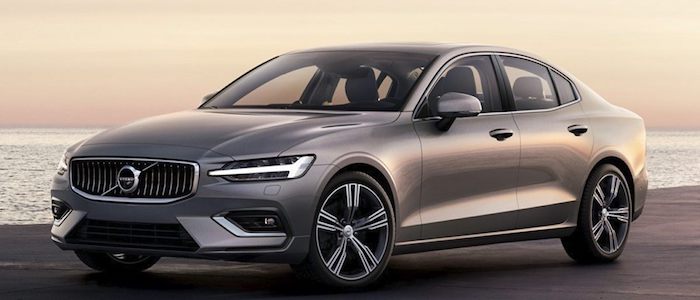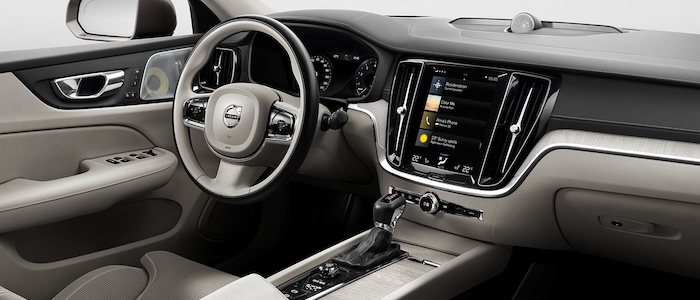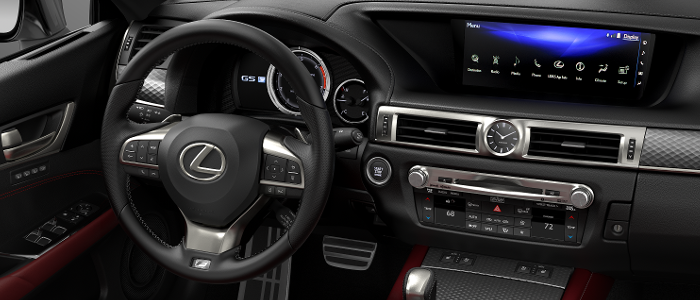Compare two cars
Compare any two cars and get our Virtual Adviser™ opinion
Dimensons & Outlines
Check vehicle history
Engine
Performance (manual gearbox)
Performance (automatic gearbox)
Expenses
Virtual Adviser's™ opinion
We are here considering two somewhat similar cars, but we can't deny some of the obvious differences. For a start, they are not even classified under the same segment, with the Volvo being a large family car and the Lexus representing luxury car vehicle class. Another thing to take into account here is the wheel drive. The first one makes use of a 4 x 4 wheel drive system, aiming at people who plan to leave their safety zone and challenge the surfface, both in the terms of reduced grip and offroading, whereas the second one transfers the power and torque to the rear axel only, making it perfect for those who are enthusiastic about driving, and don't hesitate to push their car to the limit, even if that requires some additional effort in snow or ice.
SafetyThe fact that the Volvo got tested by the European New Car Assessment Programme (Euro NCAP), while the other contender didn't, puts it sky-high safety-wise, in my eyes at least. Still, apart from the official crash test results there are other things we need to be aware of. The second vehicle is a luxury car and that gives it a marginal advantage over the large family car competitor, at least that's what statistics show.
ReliabilityI don't like generalizing things when it comes to reliability, although it does seem that Lexus does have a slight advantage, all the models observed together. These are the results of an independent reasearch, while our visitors describe reliability of Volvo with an average rating of 3.2, and models under the Lexus badge with 4.9 out of 5. Unfortunatelly, I don't have enough insight that would allow me to comment in more details on the specific models level. That apart, owners of different cars powered by the same engine as the Swedish car rank it on average as 4.7, while the one under the competitor's bonnet gets 5.0 out of 5.
Performance & Fuel economyVolvo is undoubtly more agile, reaching 100km/h in 1.7 seconds less than its competitor. In addition to that it accelerates all the way to 250 kilometers per hour, 20km/h more than the other car. When it comes to fuel economy things look pretty much the same for both cars, averaging around 8 liters of fuel per 100 kilometers (36 mpg), in combined cycle.
Verdict
Lexus appears just a bit more reliable, although the difference is truly marginal. The most important thing when deciding between any two vehicles should always be safety, both passive and active. In my opinion, everything taken into account, the Swedish car beats the other contender by far, making it the best choice without even considering other things. It all continues in the same direction, with Volvo outracing its opponent in any situation possible, making it better choice for boy racers. It does come at a cost though, and that's the fuel consumption... All together, there's not much more to say, in this case I wouldn't even consider anything but Volvo. Anyway, that's the most objective conclusion I could've came up with and it's based solely on the information found on this website. Aspects such as design, practicality, brand value and driving experience are there for you to measure them out. I suggest you spend two more minutes in order to find out which car, based on your needs and budget, would be picked by the virtual adviser™, among thousands of similar, yet so different vehicles.
































